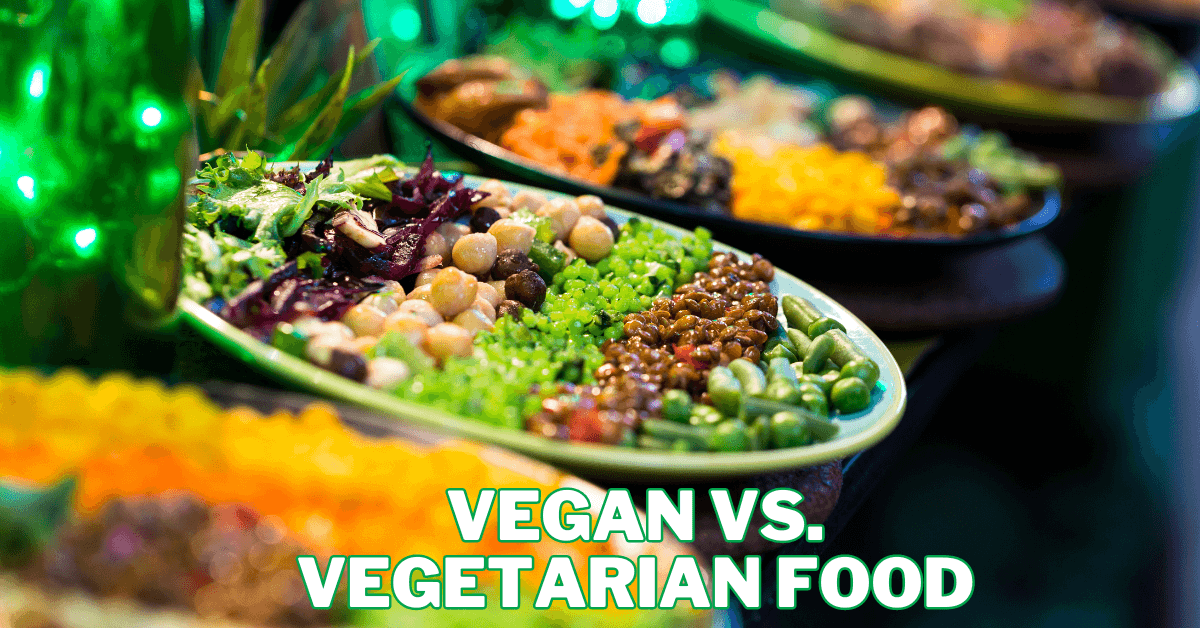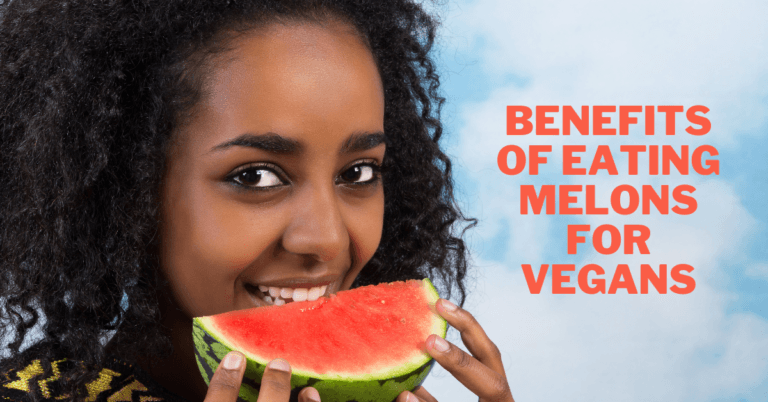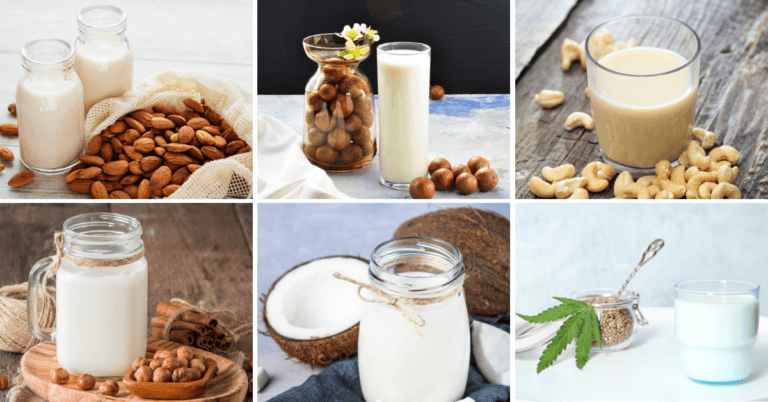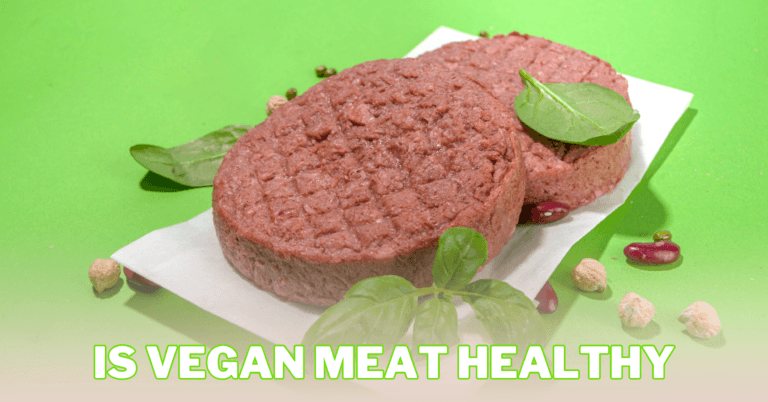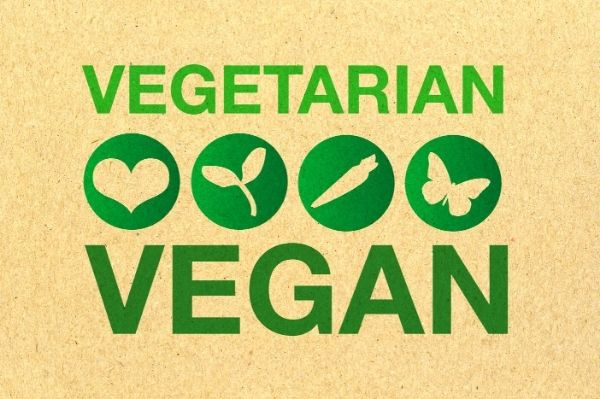Vegan vs Vegetarian Food
Vegan vs Vegetarian Food
In a world where food preferences are as varied as the civilizations that define them, the age-old argument between vegetarianism and veganism is becoming more and more prominent.
As individuals increasingly seek sustainable and ethical food options, the line between these two plant-based lifestyles becomes a source of unity and division.
In exploring Vegan vs Vegetarian food, we delve into the fundamental differences, shared values, and culinary landscapes that distinguish these two dietary paths.
The journey towards a plant-centric lifestyle is not one-size-fits-all, and understanding the distinctions between vegan and vegetarian diets is crucial.
While both eschew meat, the nuances in their approaches to animal products, environmental impact, and health considerations are worth dissecting.
Join us as we dissect the philosophical underpinnings, nutritional implications, and culinary delights that shape the vegan and vegetarian movements, aiming to provide clarity for those contemplating a greener, more compassionate plate.
Difference Between Vegan vs Vegetarian Food
When comparing vegan vs vegetarian food, the fundamental distinction lies in the scope of animal product exclusion, delineating the unique principles and dietary restrictions that characterize these two distinct approaches to plant-based eating.
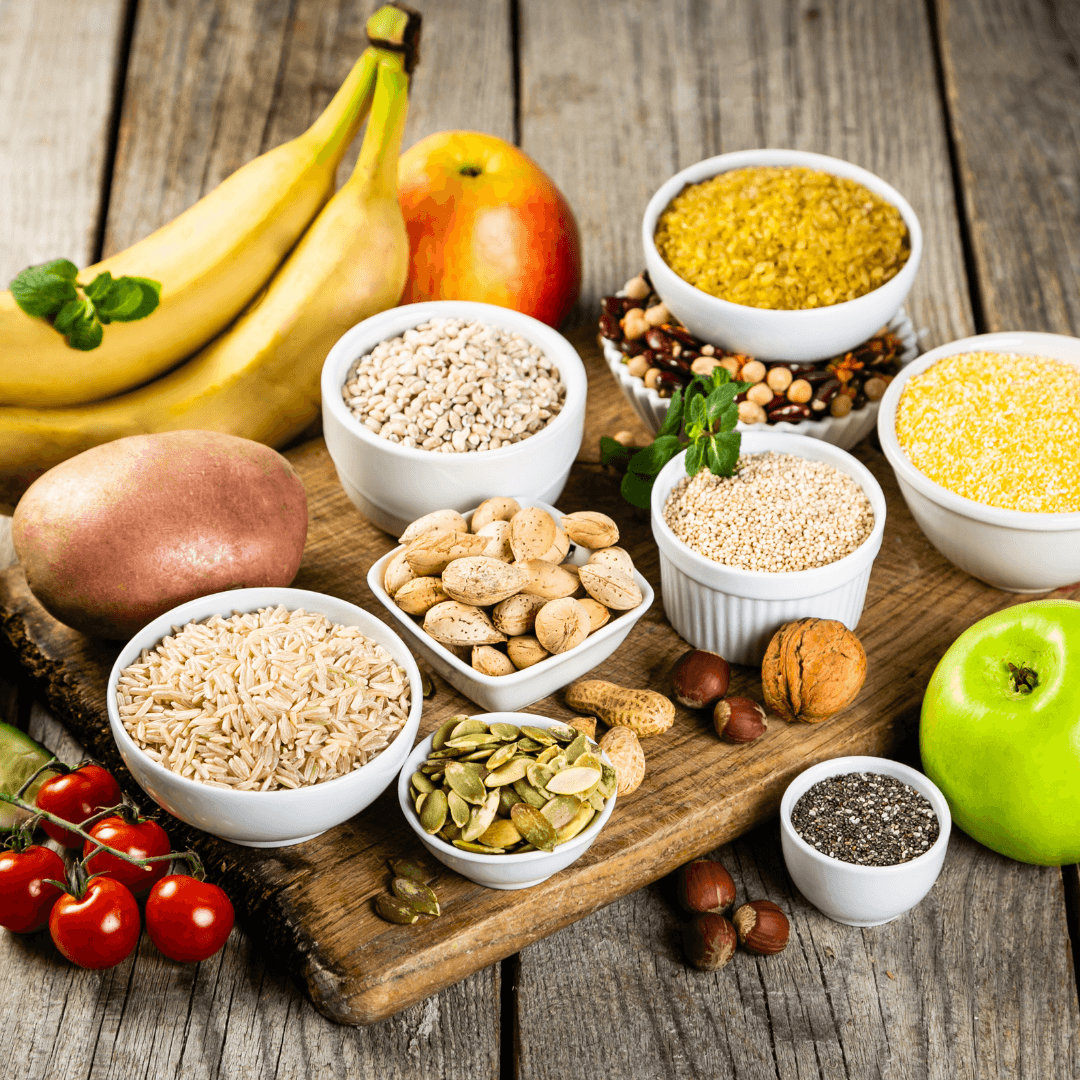
Vegan Diet
Vegans take a more comprehensive stance by excluding all animal-derived products from their diet. This includes meat from all sources- dairy, eggs, and honey.
The philosophical foundation of veganism extends beyond dietary choices, often encompassing a commitment to ethical considerations, environmental sustainability, and animal welfare.
Vegans place a strong emphasis on plant-based alternatives to meet their nutritional needs. Substitutes like almond or soy milk, tofu, tempeh, and legumes become essential protein sources.
The exclusion of all animal products sets veganism apart as a lifestyle choice that extends beyond dietary habits, promoting a holistic commitment to reducing harm to animals and the environment.
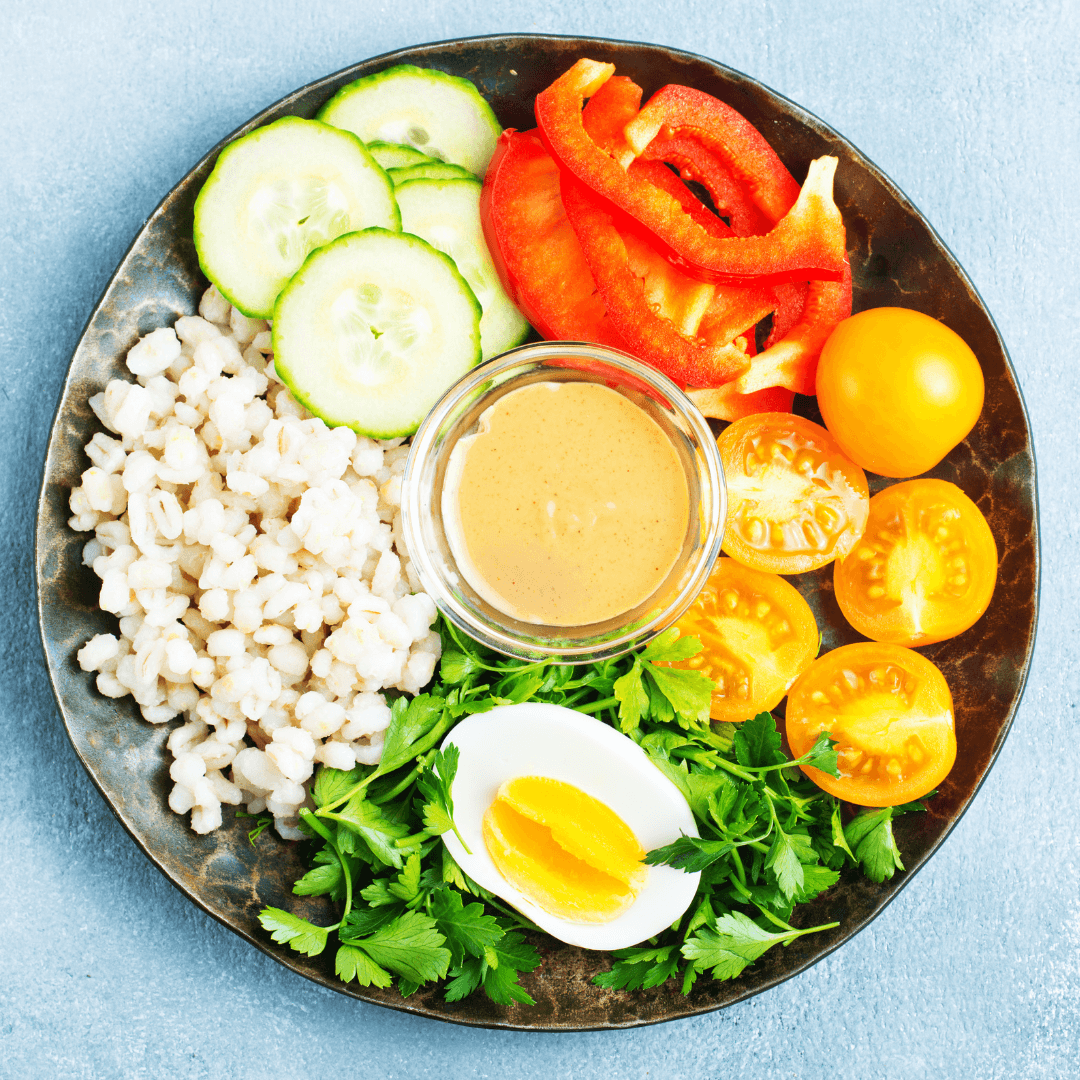
Vegetarian Diet
Vegetarianism, while also plant-based, is less restrictive. It excludes meat, including beef, poultry, and fish, but allows for the inclusion of certain animal by-products.
Vegetarians commonly consume dairy products and eggs, providing additional sources of protein, calcium, and other nutrients.
This flexibility can make transitioning to a vegetarian diet more accessible for those seeking a middle ground between plant-based living and consuming certain animal-derived foods.
Like vegans, vegetarians may be motivated by ethical concerns, environmental awareness, and health considerations. Still, their dietary choices allow for a broader range of options than the strict vegan approach.
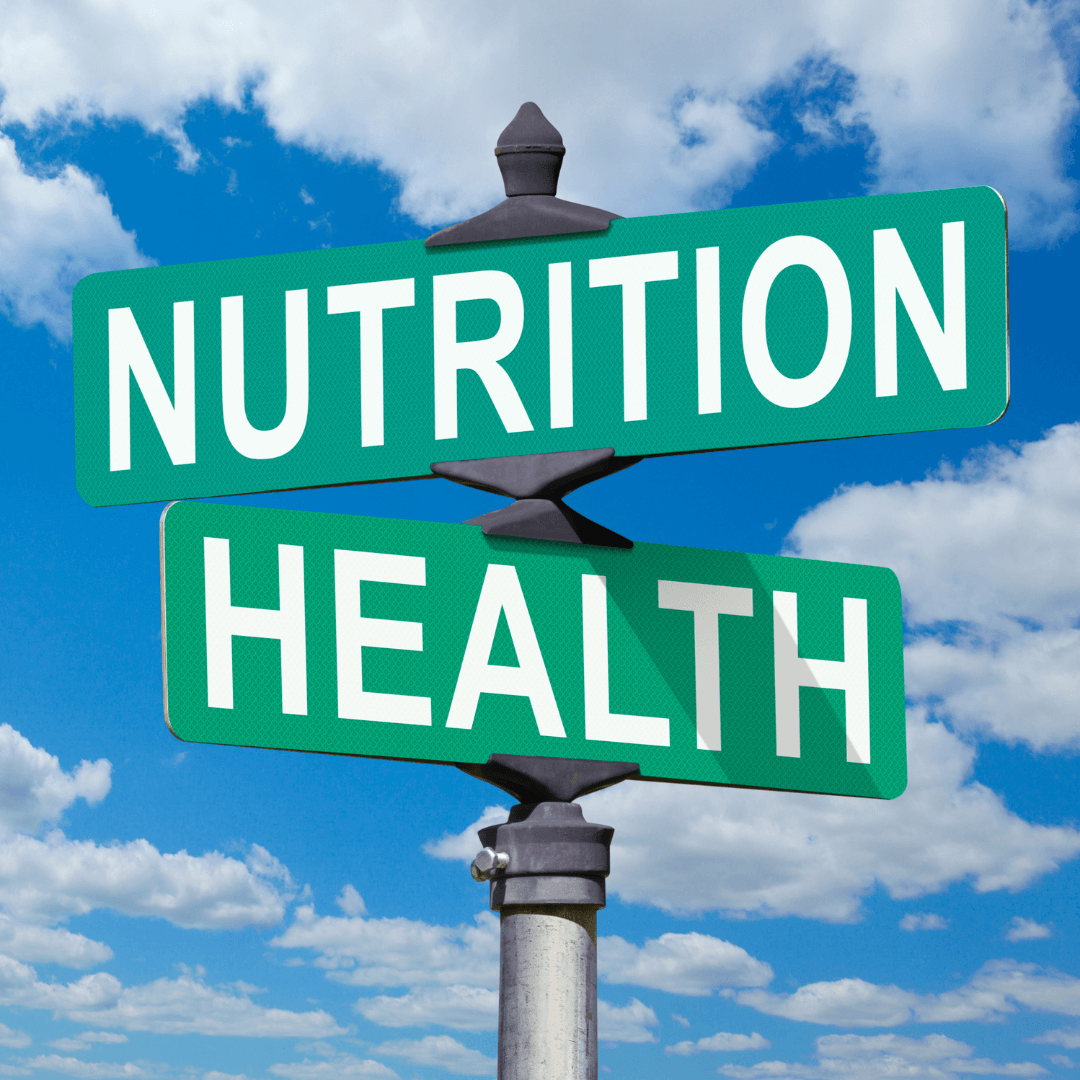
Nutritional Considerations
Vegan and vegetarian diets can be nutritionally sound if carefully planned. However, individuals on these diets need to pay attention to essential nutrients that may be lacking, such as vitamin B12, iron, calcium, and omega-3 fatty acids.
Nutrient supplementation or strategic food choices can address these potential gaps and ensure a well-rounded, plant-based diet that supports overall health.
The key distinction between vegan and vegetarian diets lies in the inclusivity of animal-derived products. Vegans adhere to a more comprehensive exclusion, while vegetarians allow for some flexibility by incorporating certain animal by-products into their plant-based lifestyle.
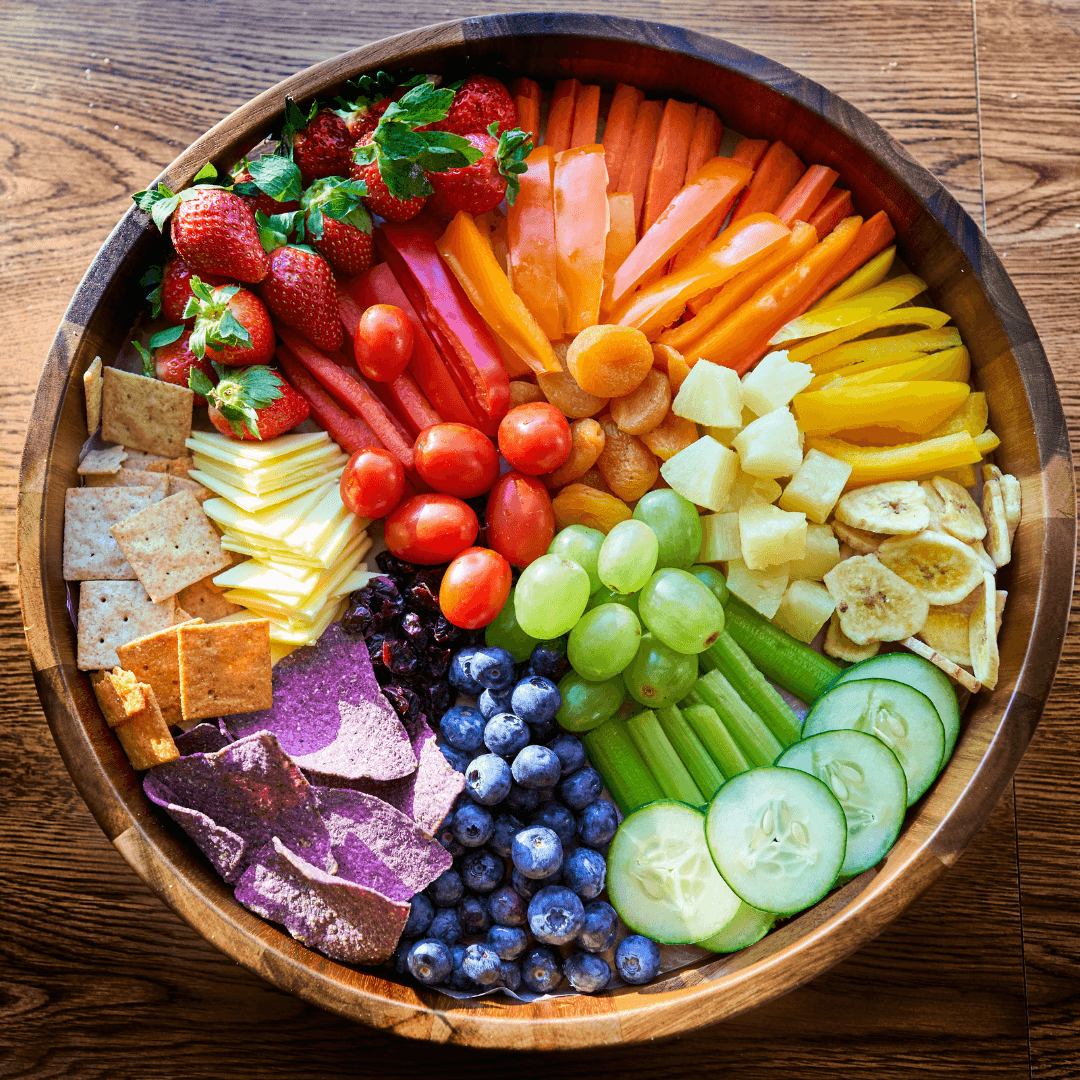
Health Benefits Of Vegan Food
While a vegan diet rigorously excludes all animal products and has demonstrated various health benefits, understanding the nuanced differences in food choices is crucial for those navigating the landscape of vegan vs vegetarian food.
1. Heart Health
Vegan diets are often linked to improved cardiovascular health. By eliminating saturated fats and cholesterol in animal products, vegans may experience lower blood pressure and reduced risk factors for heart disease.
The abundance of fruits, vegetables, nuts, and whole grains in a vegan diet contributes to lower levels of inflammation and improved overall heart function.
2. Weight Management
Adopting a vegan lifestyle has been linked to weight loss and management. A focus on plant-based, high-fibre, nutrient-dense foods can aid people in maintaining a healthy weight by encouraging fullness and lowering the intake of processed high-calorie foods.
3. Lower Risk Of Chronic Diseases
Vegans often exhibit a lower risk of certain chronic diseases, including type 2 diabetes and some cancers.
Plant-based foods' antioxidants, phytochemicals, and fiber enhance immune function and protection against cellular damage.
4. Digestive Health
A vegan diet that emphasizes whole grains, fruits, and vegetables as sources of fiber promote the best possible gut health.
Adequate fiber intake supports regular bowel movements, prevents constipation, and fosters a healthy gut microbiome.
5. Improved Blood Sugar Control
Vegans may have improved blood sugar regulation, which lowers their chance of insulin resistance and type 2 diabetes.
Many plant-based foods' complex carbohydrates and lower glycemic index contribute to stabilized blood sugar levels.
6. Reduced Inflammation
Inflammatory markers often decrease in individuals following a vegan diet. The anti-inflammatory properties of plant foods contribute to mitigating inflammation, which is implicated in the development of various chronic diseases.
Digestive health is supported by a vegetarian diet high in fiber from fruits, vegetables, legumes, and whole grains.
But to guarantee that they get enough of these vital nutrients—like iron, omega-3 fatty acids, and vitamin B12—people must plan their meals carefully.

Health Benefits Of Vegetarian Food
In exploring dietary options, understanding the distinctions in food choices between vegan and vegetarian food is essential, as the latter, while excluding meat, embraces a plant-based approach associated with numerous health benefits and widespread nutritional appeal.
1. Heart Health
Vegetarian diets are linked to improved cardiovascular health. By eliminating red and processed meats, which are high in saturated fats and cholesterol, vegetarians often experience lower blood pressure, reduced cholesterol levels, and a decreased risk of heart disease.
A diet rich in fruits, vegetables, and whole grains supplies vital nutrients that help maintain heart health.
2. Weight Management
Adopting a vegetarian lifestyle is often associated with effective weight management. The emphasis on plant-based, nutrient-dense foods and lower calorie density can contribute to weight loss and maintenance. Vegetarians tend to consume fewer calories from saturated fats and processed foods.
3. Lower Risk Of Chronic Diseases
A lower risk of several chronic diseases, such as type 2 diabetes and some cancers, has been associated with vegetarian diets.
Plant-based foods' antioxidants, fiber, and phytochemicals enhance immune function and protection against cellular damage.
4. Digestive Health
A vegetarian diet rich in fiber from fruits, vegetables, legumes, and whole grains supports digestive health.
Adequate fiber intake promotes regular bowel movements, prevents constipation, and fosters a healthy gut microbiome.
5. Improved Blood Sugar Control
Vegetable-rich diets may help reduce insulin resistance, type 2 diabetes, and blood sugar levels.
Plant-based diets contain complex carbohydrates and fiber, contributing to stable blood sugar levels.
6. Lower Blood Pressure
Vegetarian diets have been associated with lower blood pressure levels, contributing to overall cardiovascular health.
The potassium-rich fruits and vegetables in these diets play a role in regulating blood pressure.
A vegetarian diet offers a range of health benefits, including improved heart health, weight management, and a reduced risk of chronic diseases.
Careful attention to nutrient intake, including protein, iron, and vitamin B12 sources, ensures that individuals can thrive on a vegetarian lifestyle while reaping its health advantages.
Nutritional Aspects Of Vegan And Vegetarian Foods
When delving into the nutritional aspects of vegan vs vegetarian food, the emphasis lies in prioritizing plant-based choices while navigating the nuances of excluding or limiting animal products. Here are key considerations for both diets:
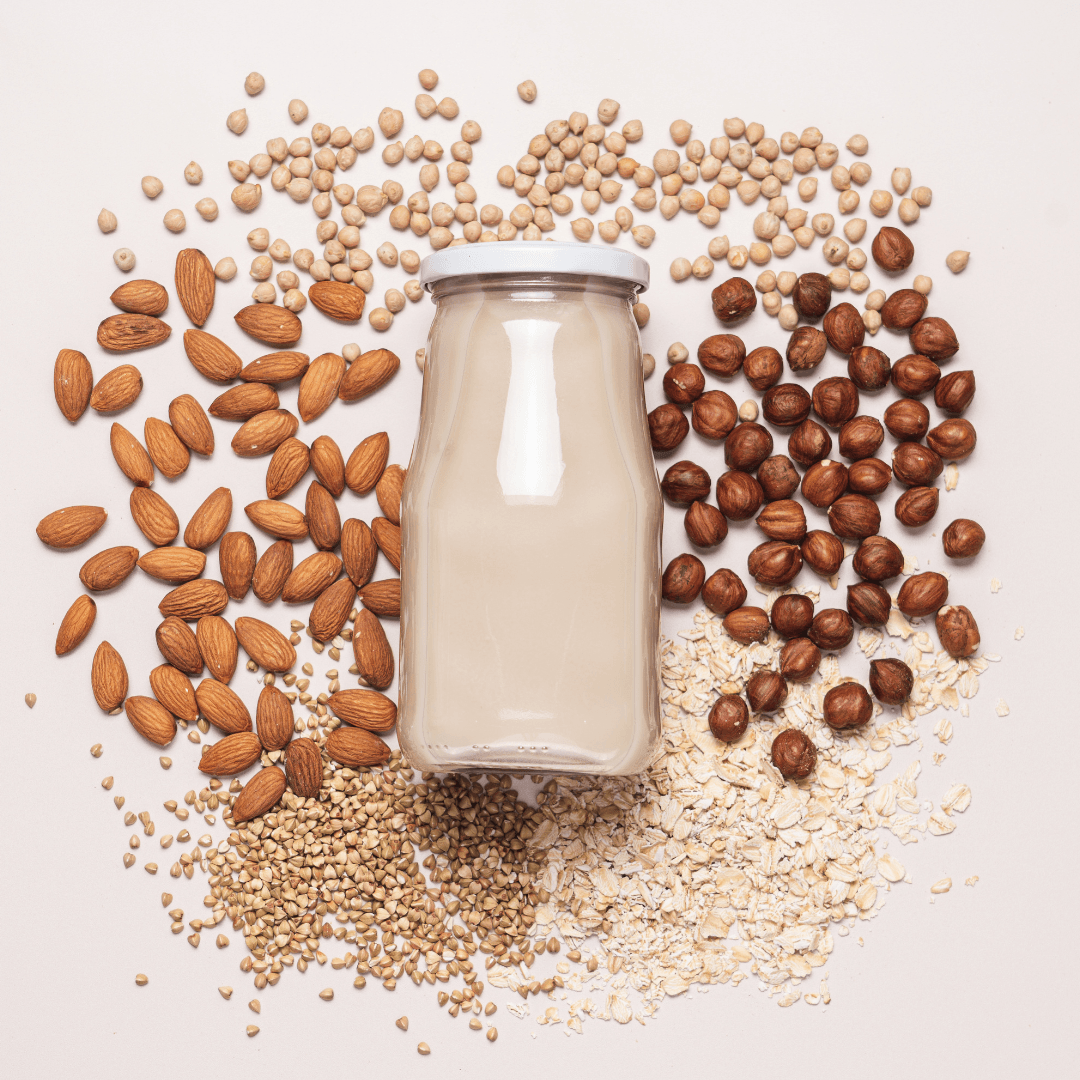
Vegan Diet
1. Protein
- Sources: Legumes (lentils, chickpeas, beans), tofu, tempeh, seitan, soy products, quinoa, and certain grains.
2. Iron
- Sources: Plant-based iron from beans, lentils, tofu, spinach, and fortified cereals. Enhance absorption by consuming vitamin C-rich foods.
3. Calcium
- Sources: Fortified plant milk, tofu, leafy greens (kale, bok choy), fortified juices. Bioavailability may be lower compared to dairy.
4. Vitamin B12
- Sources: Primarily obtained from fortified foods (plant milk, cereals) or supplements due to the absence of natural sources.
5. Omega-3 Fatty Acids
- Sources: Flaxseeds, chia seeds, hemp seeds, walnuts, algae-based supplements for DHA and EPA.
6. Vitamin D
- Sources: Limited natural sources; supplementation or fortified foods (plant milk, cereals) are often necessary.
7. Zinc
- Sources: Legumes, nuts, seeds, and whole grains. Consideration of phytate content affecting zinc absorption.
8. Iodine
- Sources: Seaweed, iodized salt, iodine supplements. Plant-based diets may have variable iodine content.
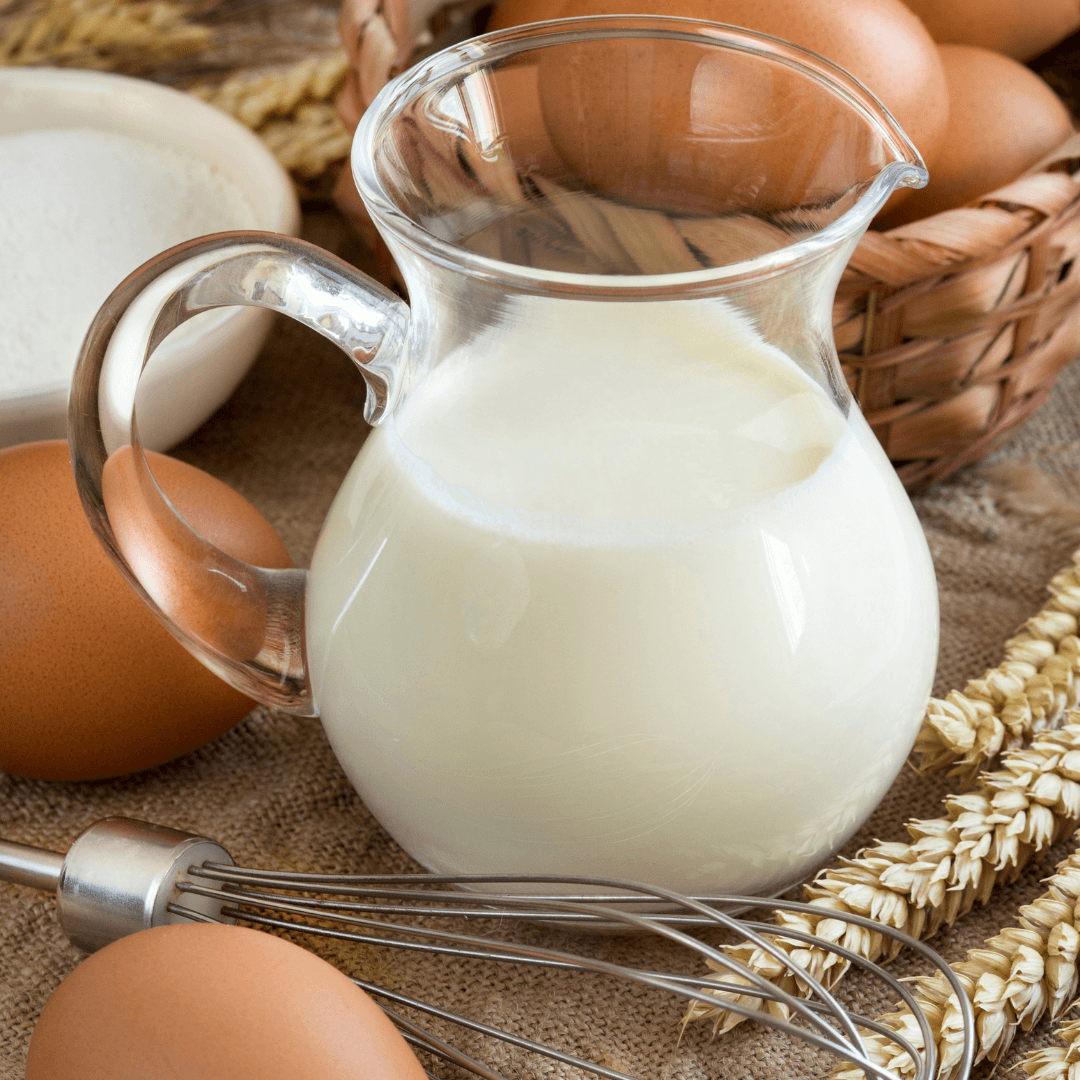
Vegetarian Diet
1. Protein
- Sources: Legumes, dairy products, eggs, tofu, tempeh, seitan, soy products, and certain grains.
2. Iron
- Sources: Plant-based iron from beans, lentils, tofu, spinach, and iron from eggs and dairy.
3. Calcium
- Sources: Dairy products (milk, yogurt, cheese), fortified plant milk, tofu. Bioavailability is higher compared to plant-based sources.
4. Vitamin B12
- Sources: Eggs and dairy contribute to B12 intake. Regular monitoring and supplementation may still be necessary.
5. Omega-3 Fatty Acids
- Besides plant-based sources, fatty fish can be included in some vegetarian diets.
6. Vitamin D
- Sunlight exposure, fortified dairy products, and eggs. Supplementation may be necessary depending on dietary habits and sun exposure.
7. Zinc
- Besides plant sources, dairy and eggs can contribute to zinc intake.
8. Iodine
- Sources: For vegetarian diets, dairy products are an excellent source of iodine.
Shared Considerations
1. Fibre
- Both diets are typically rich in dietary fiber from fruits, vegetables, whole grains, legumes, and nuts.
2. Antioxidants And Phytochemicals
- Abundant in fruits, vegetables, and whole plant foods, providing potential health benefits.
3. Low Saturated Fats
- Both diets tend to be lower in saturated fats, potentially contributing to heart health.
4. Potential Nutrient Deficiencies
- Both diets require attention to specific nutrients, such as B12, vitamin D, omega-3s, iron, zinc, and iodine, to prevent deficiencies.
In both vegan and vegetarian diets, the key is to ensure a well-balanced and diverse intake of nutrient-rich foods to meet individual nutritional needs.
Speaking with a registered dietitian or other healthcare professional can help address specific nutritional concerns and create individualized dietary plans.
Regular monitoring of nutrient levels through blood tests is advisable for both groups.
Which Food Is Healthier – Vegan Or Vegetarian?
When evaluating the relative healthiness of vegan vs vegetarian food, it hinges on factors such as overall dietary choices, nutrient balance, and individual health needs, highlighting the nuanced considerations in adopting these plant-based lifestyles.
Vegan Diet
A vegan diet excludes all animal products and prioritizes plant-based foods such as whole grains, fruits, vegetables, legumes, nuts, and seeds.
Numerous health advantages of this diet include reduced risk of heart disease, better control of blood sugar, and potential weight management.
Plant foods' abundance of fibre, vitamins, minerals, and antioxidants contributes to these positive outcomes.
However, challenges may arise in meeting certain nutrient requirements. Vegans must be vigilant about obtaining adequate amounts of vitamin B12, iron, calcium, omega-3 fatty acids, and vitamin D, as these nutrients are primarily found in animal products.
Careful planning, supplementation, and including fortified foods are crucial to prevent potential deficiencies.
Vegetarian Diet
A vegetarian diet, while also plant-based, allows for the inclusion of dairy and eggs. This flexibility provides additional sources of complete proteins, calcium, and vitamin B12.
Vegetarians may find it easier to meet certain nutrient needs compared to vegans. Dairy products, in particular, offer bioavailable calcium, and eggs contribute to vitamin B12 intake.
However, like vegans, vegetarians still need to pay attention to iron, omega-3 fatty acids, and vitamin D, ensuring a varied and balanced diet.
Thoughtful approaches can lead to a healthy diet for both vegetarians and vegans. With individual nutritional needs and potential deficiencies in mind, the focus should be on a varied and well-balanced intake of nutrient-rich foods.
For individualized advice on ensuring that dietary needs are satisfied while leading a vegan or vegetarian lifestyle, speak with a registered dietitian or other healthcare provider.
Ultimately, the healthiness of either diet depends on the individual's ability to plan and execute a nutritionally sound eating pattern.
Challenges And Considerations Of Vegan And Vegetarian Foods
Vegans and vegetarians encounter unique challenges related to their dietary choices, with potential nutrient deficiencies being a primary concern.
Vegans
One of the foremost challenges for vegans is obtaining adequate levels of vitamin B12, primarily found in animal products.
Since B12 is essential for neurological function and red blood cell formation, vegans often need to rely on fortified foods or supplements to meet their requirements.
Iron and calcium from plant-based sources may also have lower bioavailability, necessitating careful dietary planning to ensure sufficient intake.
Omega-3 fatty acids, primarily found in fish, can be another challenge for vegans, requiring the incorporation of plant-based sources like flaxseeds and algae-based supplements.
Vegetarians
While vegetarians have more dietary flexibility with the inclusion of dairy and eggs, they still face challenges.
Iron from plant sources, though abundant, may be less readily absorbed than from animal products, emphasizing the importance of combining iron-rich foods with vitamin C sources to enhance absorption.
Ensuring adequate omega-3 fatty acids can be considered, especially for those who exclude fish. Vitamin B12 remains a concern, particularly for ovo-vegetarians (those who include eggs) who may need to monitor their B12 levels.

Addressing Challenges
Both groups can overcome these challenges through meticulous dietary planning. Incorporating diverse nutrient-dense foods, such as leafy greens, legumes, nuts, and seeds, helps mitigate nutrient deficiencies.
Regular blood tests to monitor nutrient levels can guide adjustments in dietary choices or the inclusion of supplements.
Additionally, fortified foods, such as plant milk or breakfast cereals, can be valuable for meeting specific nutrient needs.
Consulting with a registered dietitian ensures personalized guidance, fostering a balanced and nutritionally sound vegan or vegetarian lifestyle.
By understanding and proactively addressing these challenges, individuals can thrive on plant-based diets while meeting their nutritional requirements.

Social And Lifestyle Considerations Of Vegans vs Vegetarians Foods
When adhering to vegan vs vegetarian food choices, individuals must navigate distinctive social and lifestyle considerations, addressing challenges in social settings, dining out, and family dynamics with a nuanced approach to plant-based preferences.
In social gatherings, vegans face the challenge of limited food options and potential misconceptions about their dietary choices, leading to conversations about plant-based lifestyles.
Dining out can be intricate for vegans and vegetarians, requiring consideration of menus for suitable decisions and, at times, requesting modifications.
Family dynamics may present challenges, especially if dietary preferences vary within the household.
Vegans and vegetarians may need to communicate openly with family members to address concerns or ensure inclusive meal options.
Family environments can present various challenges, from addressing dietary preferences during meals to debunking myths regarding the nutritional value of plant-based diets.
While these lifestyles were once considered niche, the increasing popularity of vegan and vegetarian choices has led to improved awareness and accommodation. Restaurants now often provide dedicated plant-based menus, and societal perceptions are evolving.
Embracing a vegan or vegetarian lifestyle may initially pose challenges, but with growing understanding and accessibility, individuals can integrate their dietary choices seamlessly into various social and familial contexts.
Conclusion
Ultimately, the decision to embrace a vegan vs vegetarian food lifestyle reflects a deeply personal choice shaped by ethical, environmental, and health considerations, with each path offering distinct approaches to plant-based eating and its associated nutritional considerations.
Both lifestyles are committed to plant-based eating, yet they differ in the extent of animal product exclusion. Vegans eliminate all animal-derived foods, facing potential challenges in meeting specific nutrient needs.
Vegetarians enjoy greater dietary flexibility, allowing for dairy and eggs, but still need to address certain nutritional considerations.
Ultimately, the healthfulness of both diets hinges on conscious and balanced food choices, with each offering a spectrum of benefits.
As plant-based lifestyles gain traction, the evolving landscape sees increased societal accommodation and awareness.
Whether one chooses the strict adherence to veganism or the more flexible approach of vegetarianism, both contribute positively to personal well-being and advocate for a more sustainable and compassionate relationship with food.
The key lies in informed choices, mindful eating, and a shared journey toward a more plant-centric, health-conscious world.
I trust you enjoyed reading the article Vegan vs Vegetarian Food. Please stay tuned. More blog posts will be posted very shortly.
JeannetteZ
>>> Please click here to read my Vegan Travel Guides To World Destinations <<<
>>> Want To Learn How To Create Delicious, Cruelty-Free, Healthy AND 100% Vegan Meals? Try These Awesome Vegan Cooking Courses With A Free 7-DAY MEMBERSHIP<<<
Your Opinion Is Important To Me
Do you have thoughts, ideas, or questions? I would love to hear from you. Please leave me your questions, experiences, and remarks about the article on vegan vs vegetarian food in the comments section below. You can also email me at Jeannette@LivingTheVeganLifestyle.org.
Disclosure
This post may contain affiliate links. I earn from qualifying purchases as an Amazon Associate and other affiliate programs. Please read my full disclosure.
Here are some links to some of my favourite articles:
Top Health Reasons To Go Vegan
Environmental Reasons To Go Vegan

